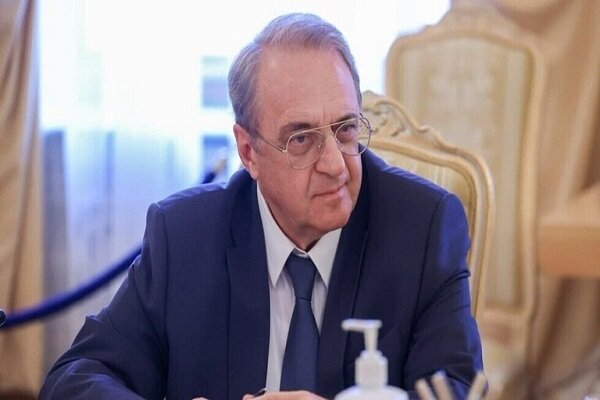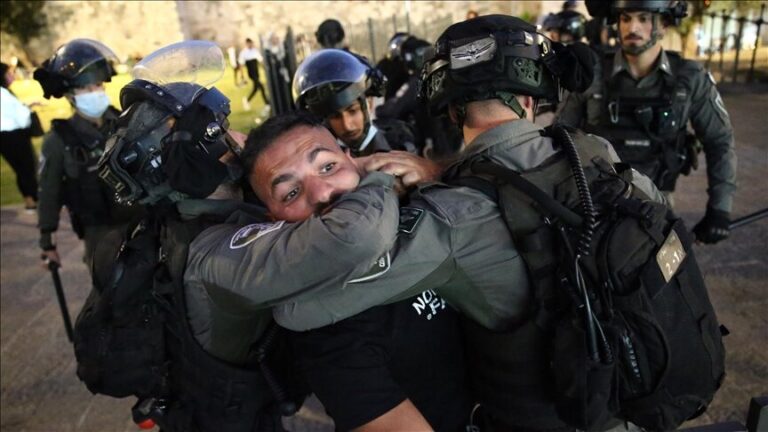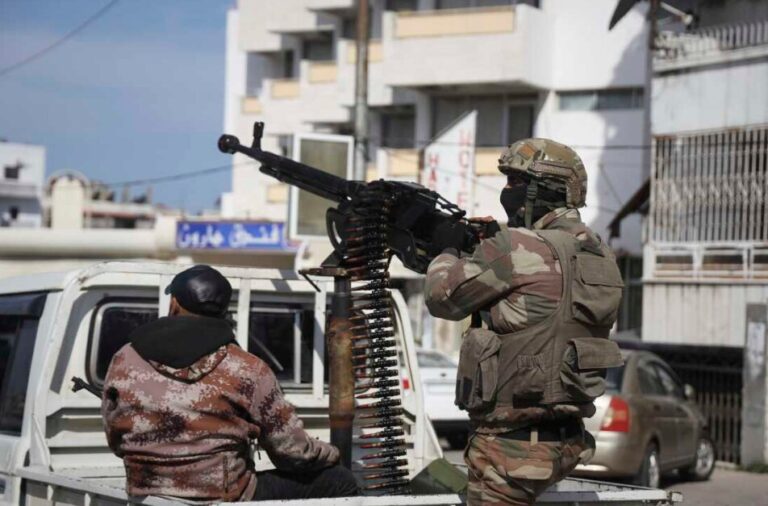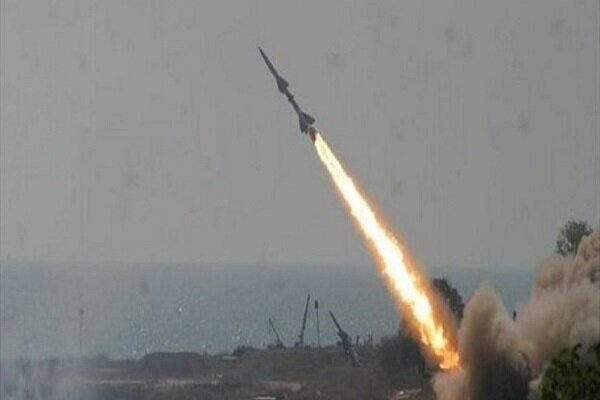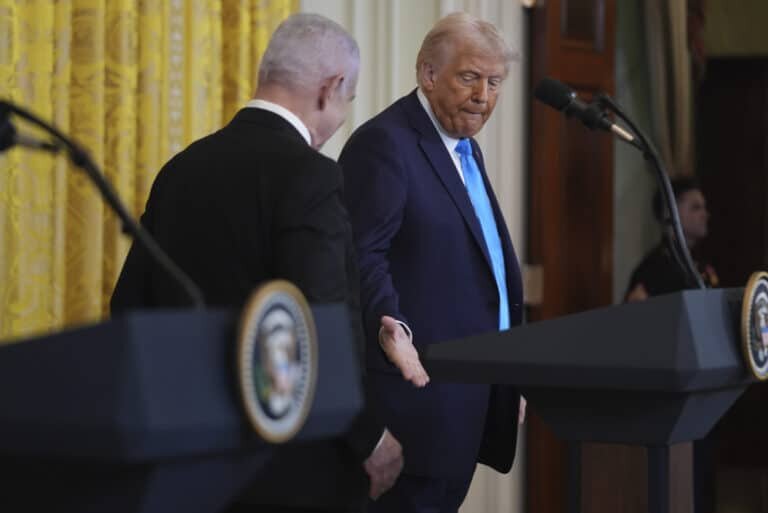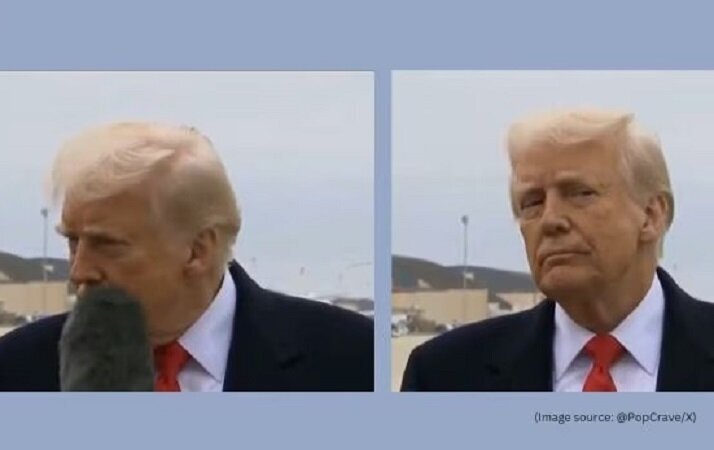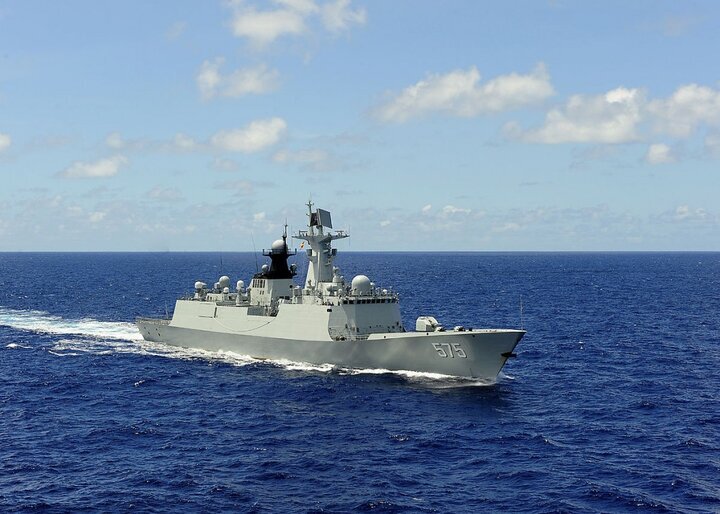Russian Delegation Strengthens Ties with Damascus: A Key Diplomatic Visit
The ongoing diplomatic efforts in the Middle East have taken a significant turn with the recent visit by a high-level Russian delegation to Syria. This visit, which underscores the importance of the Russia-Syria relationship, aims to reinforce Moscow’s commitment to the region’s stability and integrity.
Led by Mikhail Bogdanov, Russia’s special representative for the Middle East and Africa, the delegation also includes Alexander Lavrentiev, the Russian president’s special envoy for Syria. According to reports from Xinhua, this diplomatic mission is poised to enhance the long-standing ties between the two nations.
Bogdanov articulated the purpose of the visit, stating that it aims to deepen the “historic relationship” between Russia and Syria. He emphasized that Moscow remains “committed to Syria’s unity, independence, and territorial integrity.” This statement highlights Russia’s ongoing support for the Syrian government amid the country’s protracted conflict.
Key points of the visit include:
- Support for National Reconciliation: Russia aims to foster national reconciliation and social harmony across Syria, which has been ravaged by war.
- Dialogue with Key Leaders: The Russian delegation is expected to meet with significant figures such as HTS leader Ahmed al-Sharaa and Asaad Hassan al-Shibani, the Foreign Minister of Syria’s transitional government.
- Commitment to Stability: The visit denotes Russia’s persistent role in seeking stability within the region, reinforcing its influence in Middle Eastern affairs.
- Agenda Confidentiality: Details surrounding the specific agenda of the discussions remain undisclosed, leaving room for speculation about the topics that will be addressed.
The ongoing conflict in Syria has led to widespread devastation, and various international actors have been involved in efforts to mediate and support recovery. Russia’s involvement has been particularly significant, as it has established itself as a key ally of the Syrian government. The visit is yet another indication of Russia’s strategic interests in the region and its desire to maintain a foothold amid geopolitical shifts.
As the situation develops, Bogdanov’s statements reflect a broader commitment from Moscow to play an active role in shaping Syria’s future. This aligns with Russia’s historical relationship with Syria, dating back to the Soviet era, when the two nations forged strong military and political ties.
In addition to diplomatic discussions, the Russian delegation is likely to assess the current situation on the ground and evaluate the humanitarian needs of the Syrian populace. The war, which has lasted for over a decade, has left millions displaced and in dire need of assistance.
Moreover, the visit comes at a time when various factions within Syria are vying for power and control. The complexity of the Syrian conflict necessitates a careful approach to diplomacy, and the Russian delegation’s meetings with both the Syrian government officials and opposition leaders may be crucial in fostering dialogue and reconciliation.
Historically, Russia has taken a firm stance in supporting the Assad regime, providing military assistance and political backing during critical phases of the conflict. This visit is expected to further solidify this partnership while also exploring potential avenues for the peaceful resolution of outstanding issues.
As the international community watches closely, the outcomes of these discussions could have far-reaching implications for the future of Syria and the broader Middle Eastern landscape. Russia’s active engagement highlights its ambitions to be a key player in resolving regional conflicts and influencing political dynamics.
In summary, the visit led by Mikhail Bogdanov and Alexander Lavrentiev is a significant step in reinforcing the Russia-Syria alliance. With discussions aimed at achieving national reconciliation and maintaining Syria’s territorial integrity, the implications of this diplomatic effort will be closely monitored by global observers. As the situation evolves, the actions taken following this visit will likely shape the trajectory of Syria’s recovery and political landscape for years to come.
